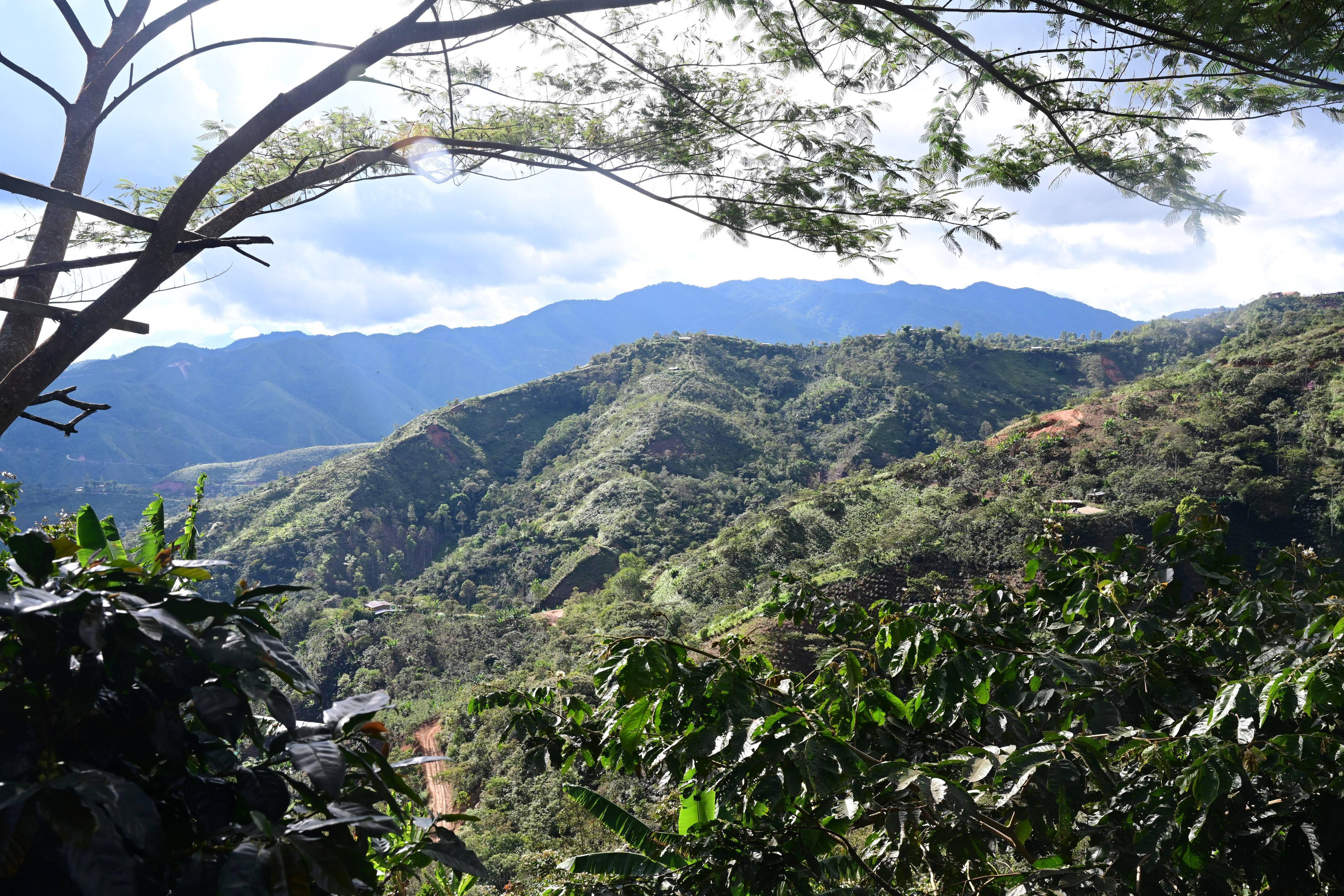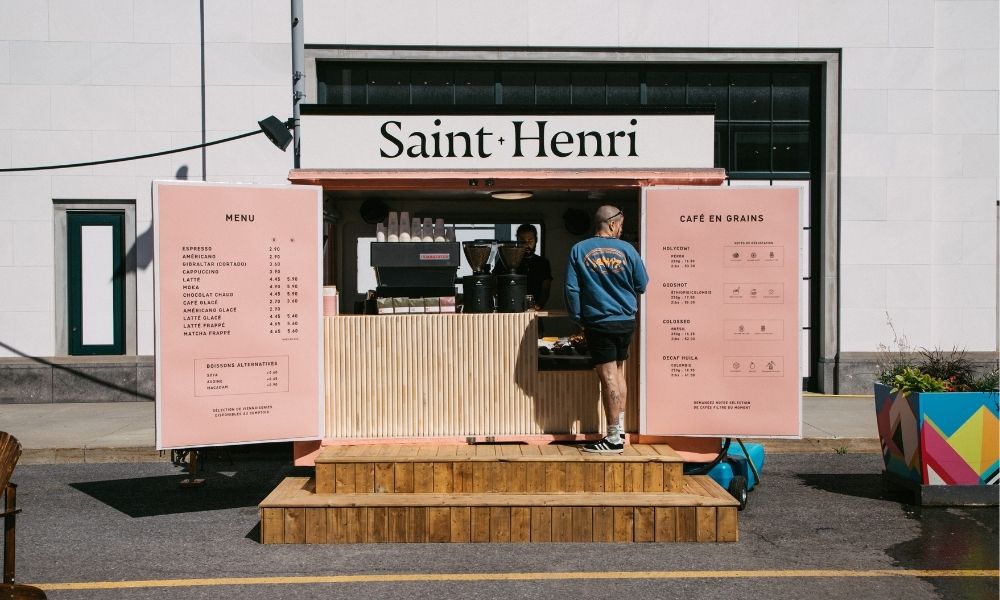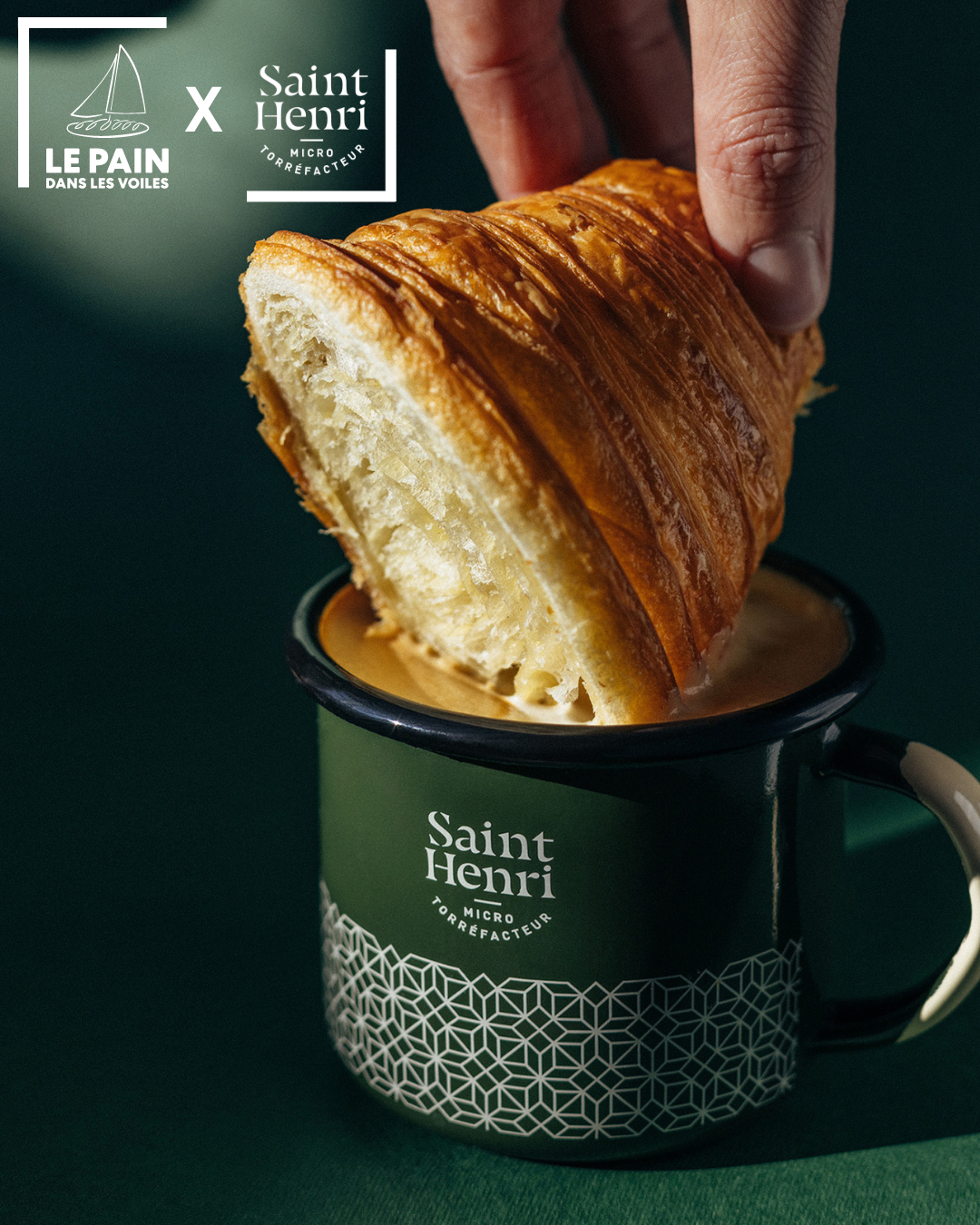
Journey to the 2021 source of grains: Jaén, Peru

We have just returned from a stay in the beautiful region of Jaén in northern Peru. Peru has long been known for its affordable but rather low quality certified organic coffees. This was partly because the vast majority of coffees were blended into very large regional blends, losing all traceability and robbing smallholder farmers of their negotiating powers. The quality potential was there but the marketing model did not encourage producers to invest in quality. Fortunately, there are now a few companies focusing on education, traceability and quality, including our exporting partner Origin Coffee Labs. During this trip, we had the chance to meet them, as well as some coffee growers from the Estrella Divina group with whom we have been working for 3 years. At the same time, we tasted several dozen microlots from various regions of Peru and selected a few new coffees which will make their debut on our menu this winter.
After a first landing in Lima, we took a second flight overlooking the magnificent Andes Mountains to the small town of Jaén. Jaén is located in the Cajamarca region, the largest coffee-producing region in Peru. Once there, we met Jose and Stanley from Origin Coffee Labs who introduced us to the history and mission behind the company.

Origin Coffee Labs is a private company founded in 2016 by Jose Riviera, Mariagracia Echeandia and Alex Julca, three Peruvians who have been working in the coffee industry since a young age. Their goal is to provide farmers with tools to implement sustainable changes. First, they offer premiums well beyond those offered on the local market, creating better income for coffee farmers. Second, they teach economic modeling as well as good agricultural practices with the aim of providing a springboard to long-term success and profitability for producers. They also provide their buyers with a detailed price breakdown for maximum transparency between the different players in the supply chain.
After a first day tasting batches, we took the road to the La Coipa region to meet two of the producer families who form the Estrella Divina group. This coffee has been our Holycow Espresso for 3 years now, our best seller and it impresses us every year with its particularly sweet and fruity profile with notes of small red fruits and milk chocolate. The process used by producers for this flavor profile is a washed process, but preceded by fermentation for several hours in the cherry before pulping. This is a rather rare method but quite common in Peru.

The next day, we wanted to visit Mr. Aurelio Marin, the producer who produced one of our favorite batches on the tasting tables, a yellow Caturra. Only 28 years old, Aurelio embodies the 4th generation of coffee growers in his family and cultivates Geisha, Yellow Caturra and Bourbon Marcelo at more than 1800 meters above sea level. He proceeded to show us several lots on his farm which seemed in very good health. Aurelio prepares almost all of his coffees starting with 48 hours in cherries, followed by pulping, a second dry fermentation for 48 hours and washing in channels, before drying them on the patios in his small greenhouse. He also experiments with the natural process for micro batches of the Geisha variety.


We also had the chance to visit Mr. Maximiliano Garcia and his wife Esperanza Armijos who produced our favorite on the tasting table for this trip: a very small batch of washed Geisha exploding with floral notes. Their farm is located at 1750 meters in the El Huabo region and is made up of plots of Yellow Caturra, Bourbon, Marsellesa, Paraneima and Geisha.

We are truly impressed by the quality and potential of the coffees from these regions of Peru. With fairly minimal infrastructure and rustic equipment, coffee growers are already able to produce excellent coffee thanks to their know-how combined with the unique terroir. We can't wait to see what the future holds and present our great finds to you as soon as they arrive on Canadian soil this winter!



